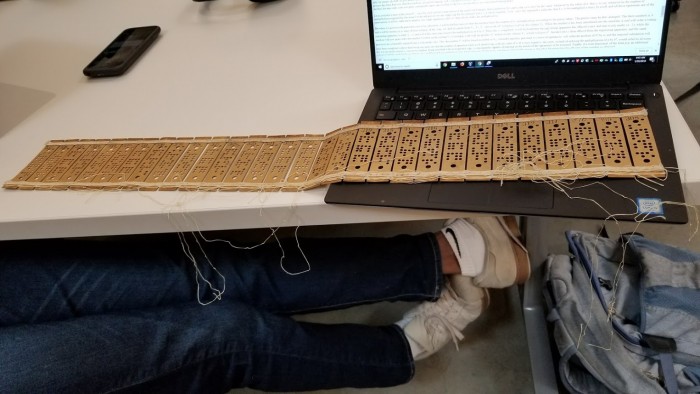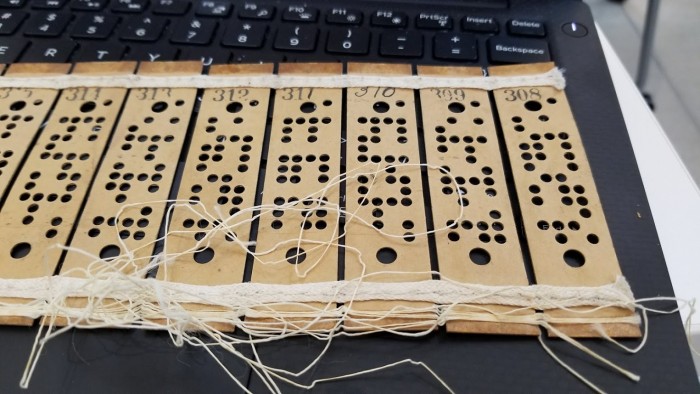Note: This is mostly for me to remind myself of the name of the drawing automata that I still love to look at videos of and wonder at how amazing it is.
https://www.youtube.com/watch?v=bY_wfKVjuJM
Currently I’m taking this Computer Science 191: Classics of Computer Science, where we read a bunch of famous papers tracing the evolution of computer science.
Today we talked about the Analytical Engine. (Lovelace wrote the lengthy “Notes” part which takes up the bottom 2/3). Some people at my table thought it was crazy to go from an abacus to this complicated setup. Due to my interest in mechanical engineering and robot art, I knew of this mechanical writing machine where you could slot letters in and out. I thought this was Maillardet’s (so 40 years before Babbage), but I think the letter-selecting device is actually from Jaquet-Droz automata.
The video I remember is the BBC one.
Anyhow, these were made to sell more watches (at least according to wikipeida)! Just some bored watchmakers, making crazy intense automata.
Here is another documentary which explains in the first 5 minutes or so how Jaquet made little dioramas with mechanically spinning and quacking birds (really, reminds me of the Fabergé eggs!), traveled and got a bunch of money after waiting months to see a king, and then got to go make complicated things like this automata.

Maillardet’s is at the Franklin Institute in Philadelphia. Here is some more about it from FI. Here’s a CBS show about it. Apparently it is possible it has the most “read-only memory”, about 300 kb.
Also apparently the drawing automata in Hugo was created in real life! This pleases me immensely.
Oh yea they also passed around some Jacquard’s loom punchcards. I don’t know much about weaving and so the complexity of programmable looms goes over my head, but I think the drawing automata makes it really easy to comprehend how complicated these things can get. At least, it really impressed the folks at my table 🙂
What else… oh I learned what squaring the circle means, since Hilbert talks about it in his “Mathematical Problems” lecture.
I also love how the wikipedia article talks about “debunking illogical circle-squaring theories“. I guess we have perpetual motion theories still! Apparently “squaring the circle” is also an idiom for “trying to do the impossible.”
Oh, and there’s a lady mathematician who formed an integral part of the 10th problem, which is the one people go gaga about trying to figure out if Hilbert would have approved of (the solution to). That’s the one where we learned that we cannot know the solution
I also thought it was cool how the work to solve this problem built up over two decades. (and one of the four contributors was Julia Robinson, who had a J.R. hypothesis that wasn’t proven until 20 years later).
Oh, and then we read Turing’s paper, the one with That Word. Entscheidungsproblem. Anyhow, I started browsing briefly and decided I really still have no idea what it means for something to be computable. The wikipedia article states “Computability is the ability to solve a problem in an effective manner”. Really, wikipedia? It’s probably similar to the question of what counts as a robot, I suppose. Anyhow, that article briefly mentions both automata (heh, sounds like automaton) and also hypercomputability. Such a fun word.
Okay, now back to fixing the problem of why my alarm clock app, Timely, no longer goes off reliably :((((((((((( I thought Timely might have updated, but it says the last update was in September of 2017. So maybe it’s some Tmobile or Android or Samsung update that borked my alarm clock 🙁 I’ll try the only other version of Timely, a 2015 update, and report back.



